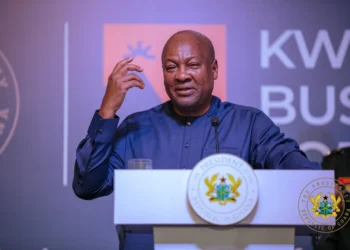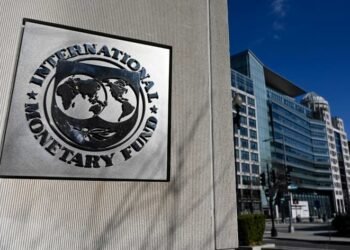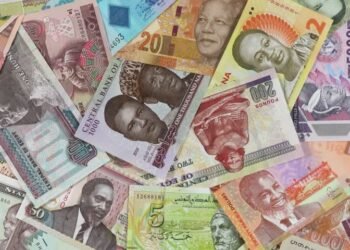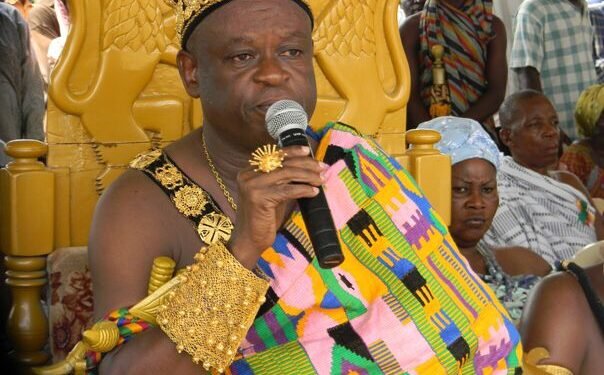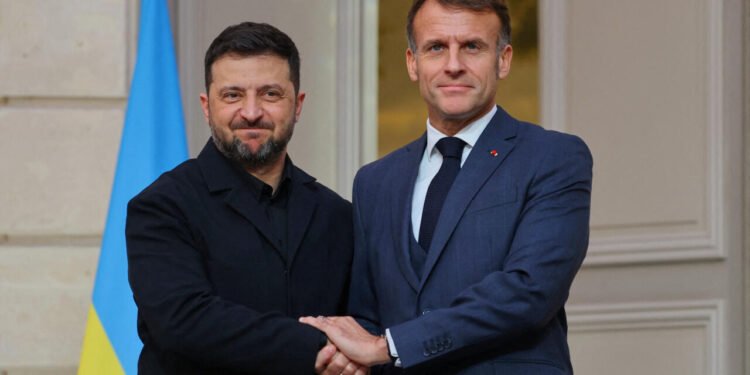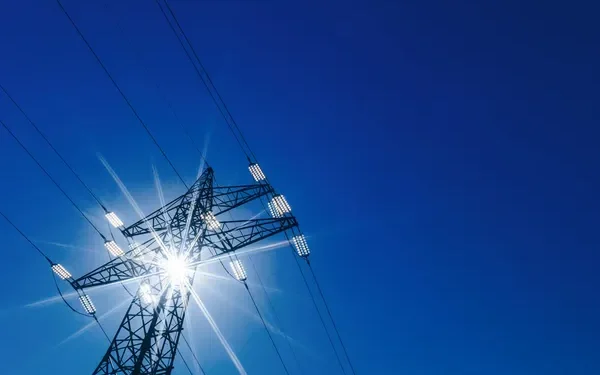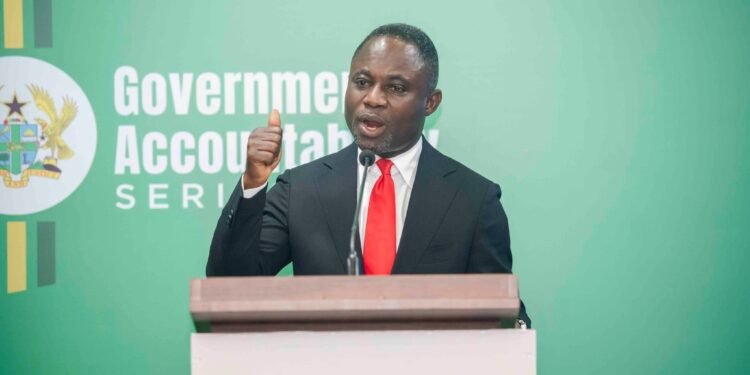Ghana’s growing reliance on the International Monetary Fund (IMF) for financial support continues to stir debate among economists and policy analysts, as the country’s outstanding debt to the Fund hit 2.59 billion Special Drawing Rights (SDR) as of October 2025.
This development places Ghana as the fifth most indebted country to the IMF in Africa, signaling both the extent of its fiscal distress and the critical role external financing continues to play in the country’s economic survival.
According to the latest IMF data, Egypt tops the list with a total outstanding loan of 6.89 billion SDR, followed by Côte d’Ivoire (3.10 billion SDR), Kenya (3.01 billion SDR), and Angola (2.66 billion SDR). Ghana’s fifth-place ranking places it among a cluster of African economies heavily dependent on IMF support amid global financial volatility and domestic fiscal constraints.
The IMF’s financial assistance to member countries is designed to offer temporary relief and stabilize struggling economies facing balance-of-payment difficulties. However, such loans often come with stringent conditions, ranging from fiscal consolidation measures to monetary policy tightening—which can limit a country’s flexibility in managing its domestic affairs.
Ghana’s case is particularly complex. After years of macroeconomic instability, high inflation, and currency depreciation, the government turned to the IMF for support under the Extended Credit Facility (ECF) program. The facility has provided essential liquidity and policy guidance, helping Ghana to restore macroeconomic balance and rebuild investor confidence.
Yet, experts caution that an overreliance on IMF lending could trap the country in a cycle of debt and austerity, as repayment obligations grow and fiscal space narrows. The surge in Ghana’s IMF debt underscores this delicate balance between financial relief and structural dependence.
Economic analysts have expressed concerns that Ghana’s mounting IMF debt could further tighten its fiscal space, especially as the government struggles to manage domestic debt repayments and implement agreed fiscal reforms.
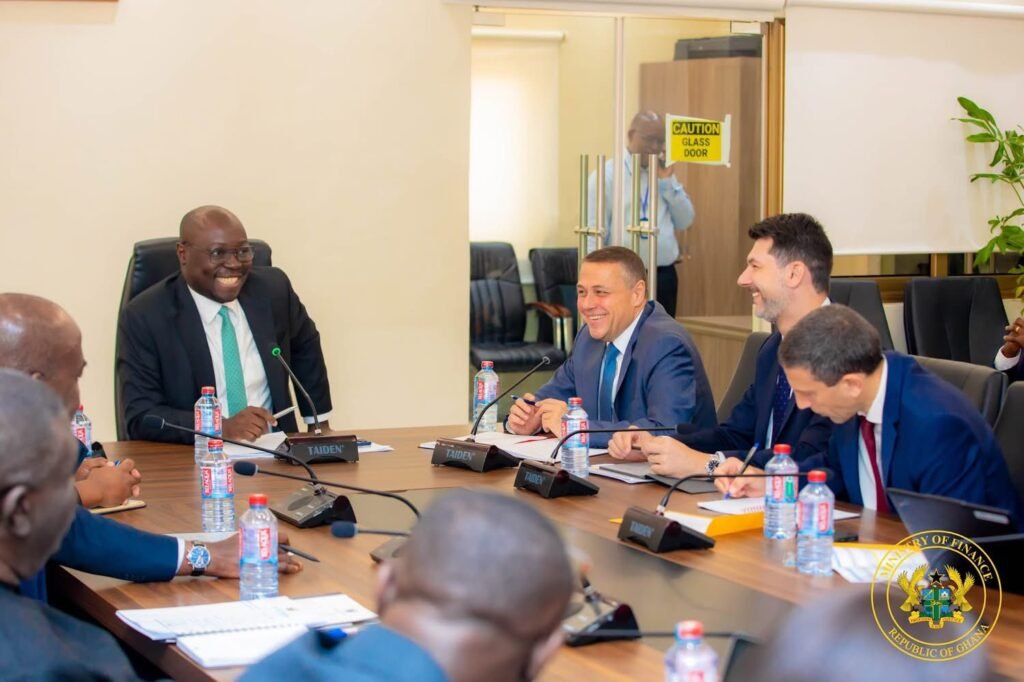
A financial economist based in Accra, noted that while IMF support brings short-term stability, it also comes with conditionalities that often restrict government spending on key social and developmental priorities.
The expert argued that Ghana’s continued dependence on IMF funds reflects not just a fiscal problem but also a structural one that is linked to the country’s overreliance on commodity exports, weak revenue mobilization, and high debt servicing costs.
Indeed, Ghana’s domestic debt already outpaces its external obligations, standing at over GH¢323 billion as of mid-2025, according to the Bank of Ghana. The addition of mounting IMF debt only compounds the challenge of maintaining debt sustainability.
IMF Debt Ranking Reveals Africa’s Economic Strain
The IMF’s ranking of African countries with the highest outstanding loans paints a worrying picture of the continent’s fiscal vulnerabilities. With Egypt, Côte d’Ivoire, Kenya, Angola, and Ghana leading the list, the data reveals how deeply entrenched IMF dependence has become among some of Africa’s largest and most dynamic economies.
Interestingly, Nigeria and Morocco, two of the continent’s biggest economies, were notably absent from the top ten list, suggesting a more cautious approach to IMF borrowing. Analysts attribute this to relatively stronger foreign reserves and more diversified revenue bases in those countries, which have helped them manage without heavy IMF intervention.
For Ghana, however, the situation underscores a deeper fiscal struggle, compounded by currency depreciation, revenue shortfalls, and the high cost of debt servicing.
In response to the growing concerns, the Government of Ghana has reaffirmed its commitment to fiscal prudence and debt restructuring efforts under its ongoing IMF program. The Ministry of Finance has emphasized that IMF support remains a key pillar of the country’s economic recovery strategy, particularly as Ghana works to restore investor confidence following years of macroeconomic turbulence.
“The IMF’s financial and technical support is crucial for maintaining stability, rebuilding reserves, and restoring fiscal discipline,” a statement from the Ministry read. “Ghana’s engagement with the Fund will continue to focus on debt sustainability, public sector efficiency, and enhanced revenue mobilization.”
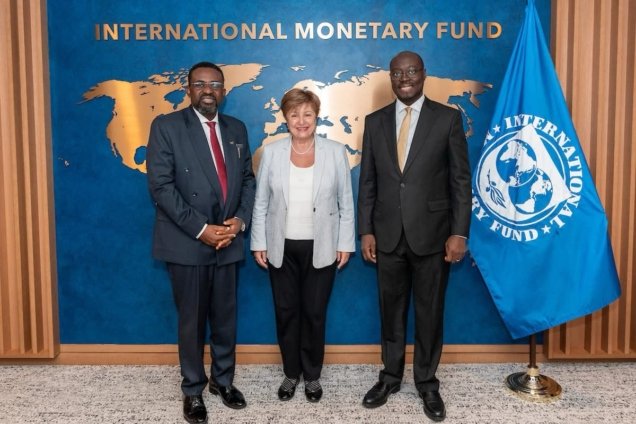
Nonetheless, critics argue that without deeper structural reforms—especially in tax administration, expenditure control, and industrial diversification—IMF loans will only serve as a temporary fix rather than a long-term solution.
Ghana’s position among Africa’s top five IMF borrowers highlights a critical juncture in its economic recovery path. The country faces the dual challenge of maintaining macroeconomic stability while avoiding a debt trap that could stifle growth and social development.
Experts insist that sustainable economic management must prioritize domestic resource mobilization, export diversification, and efficient public expenditure to reduce dependency on external borrowing.
READ ALSO: EduWatch Boss Hails Free Tertiary Education for PWDs but Urges Greater Investment at Basic Level






